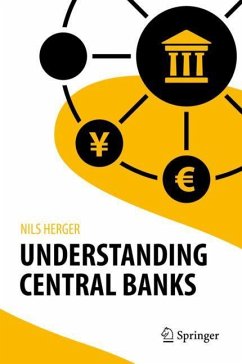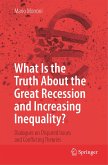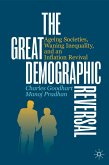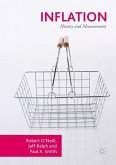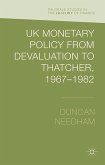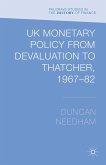Issues related to central banks feature regularly in economic news coverage, and in times of economic or financial crisis, especially when a commercial bank is bailed out, they become the focus of the policy debate. But what role do central banks play in a modern economy? How do central banks wield influence over the financial system and the broad economy? Through which channels does monetary policy impact macroeconomic fundamentals such as inflation or unemployment? For example, how does a central bank alter the money supply? What are the benefits of central bank independence, and what are the up- and downsides of having a common currency? This book provides easily accessible answers to these and other questions associated with central banking.
Bitte wählen Sie Ihr Anliegen aus.
Rechnungen
Retourenschein anfordern
Bestellstatus
Storno

